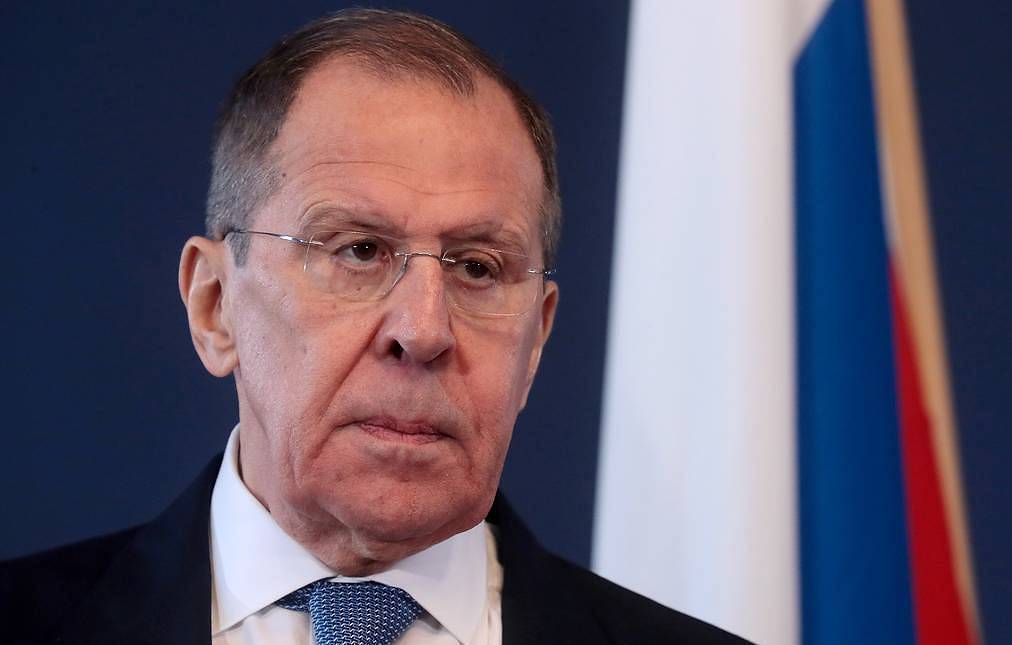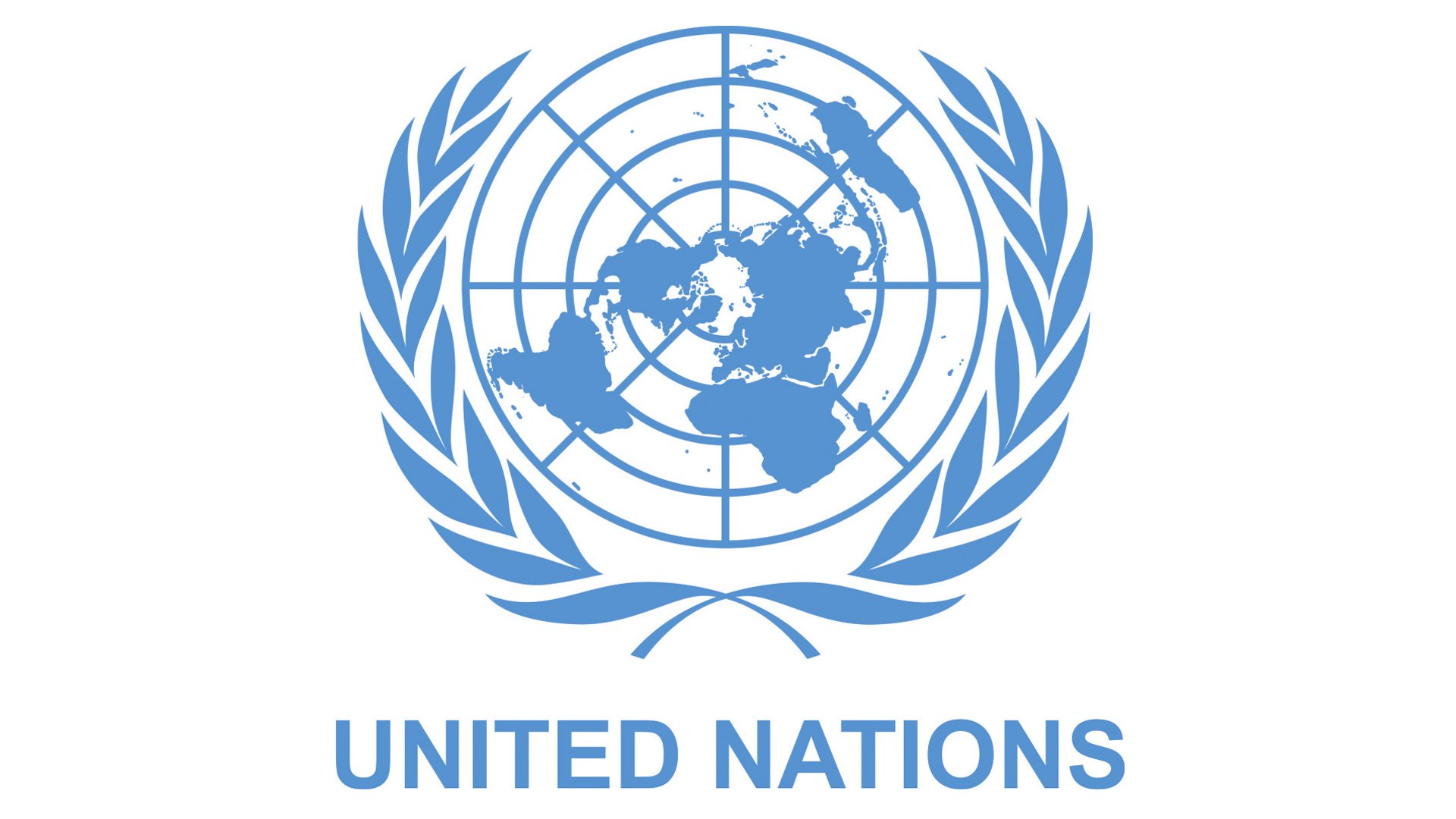South Africa will on Tuesday host a virtual summit of the BRICS group of nations, including Russian President Vladimir Putin, to discuss the Israel-Hamas war, Pretoria and Moscow said Monday.
The BRICS is a group of major emerging economies seeking to reshape the US and Western-led global order, the member countries are Brazil, Russia, India, China and South Africa
Tuesday’s “Extraordinary Joint Meeting on the Middle East Situation in Gaza” will be hosted by South African President Cyril Ramaphosa in the hope of drawing up a common response to the more than six-week conflict.
Leaders from Saudi Arabia, Argentina, Egypt, Ethiopia, Iran and the United Arab Emirates — who are all due to join the BRICS group in January 2024 — will attend the meeting.
UN Secretary-General Antonio Guterres will also participate, the South African presidency said in a statement.
It added that all five BRICS heads of state will join the virtual summit, after which a joint statement with particular reference to Gaza is expected.
Fighting is raging in Gaza after a shock Hamas attack on Israel on October 7 killed about 1,200 people, mostly civilians, with around 240 people taken hostage, according to Israeli officials.
In Gaza, around 13,300 people, more than 5,500 of them children, have been killed in the retaliatory air and ground offensive, officials in the Hamas-run territory have said.
South Africa has long been a vocal supporter of the Palestinian cause, with the ruling African National Congress (ANC) party often linking it to its own struggle against apartheid.
The ANC said last Thursday that it would support a parliamentary motion to suspend diplomatic relations with Israel until it agrees to a ceasefire in Gaza, decrying the “genocidal actions of the Israeli regime”.
On Friday, South Africa joined four other nations in calling for an International Criminal Court investigation into the Israel-Hamas war.



